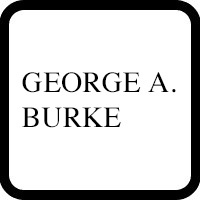Pearl Harbor Misdemeanor Lawyer, Hawaii
Not enough matches for Pearl Harbor Misdemeanor lawyer.
Below are all Pearl Harbor Criminal lawyers.
George Allen Burke
✓ VERIFIEDAccident & Injury, Criminal
George Allen Burke is a practicing lawyer in the state of Hawaii handling personal injury matters.
FREE CONSULTATION
CONTACTRichard D. Gronna
Traffic, Lawsuit & Dispute, Criminal, Accident & Injury
Status: In Good Standing Licensed: 40 Years
Jack F. Schweigert
Accident & Injury, Criminal, Lawsuit & Dispute, Constitutional Law
Status: In Good Standing Licensed: 50 Years
Paul Cunney
Family Law, Divorce & Family Law, DUI-DWI, Criminal
Status: In Good Standing Licensed: 51 Years


